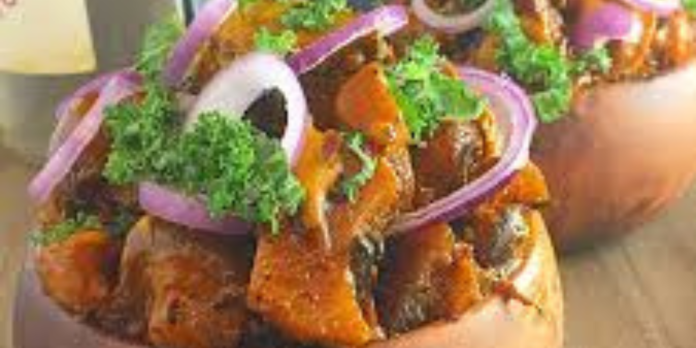Table of Contents
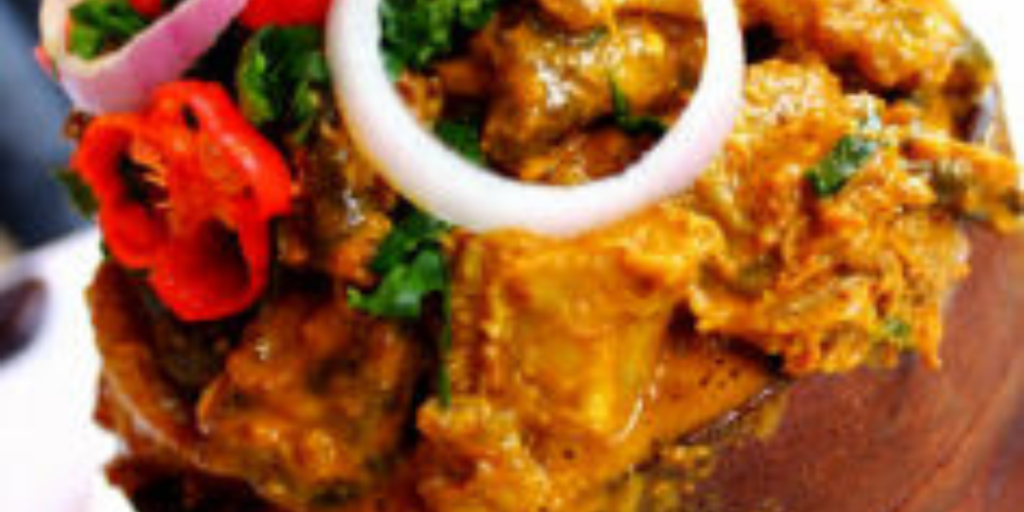
Nkwobi : Welcome to Fudz.com.ng, your go-to blog for everything delicious and exciting in Nigerian cuisine! Today, we’re diving into the rich and flavorful world of Nkwobi and Ugba, two iconic dishes that embody the heart and soul of Nigerian culinary tradition. Whether you’re a seasoned foodie or new to these dishes, this comprehensive guide will take you on a mouthwatering journey from the history and cultural significance to the best recipes and serving suggestions. Get ready to explore, cook, and savor the vibrant tastes of Nigeria!
How To Make Nkwobi With Goat Meat. Best Of 2024
History and Cultural Significance
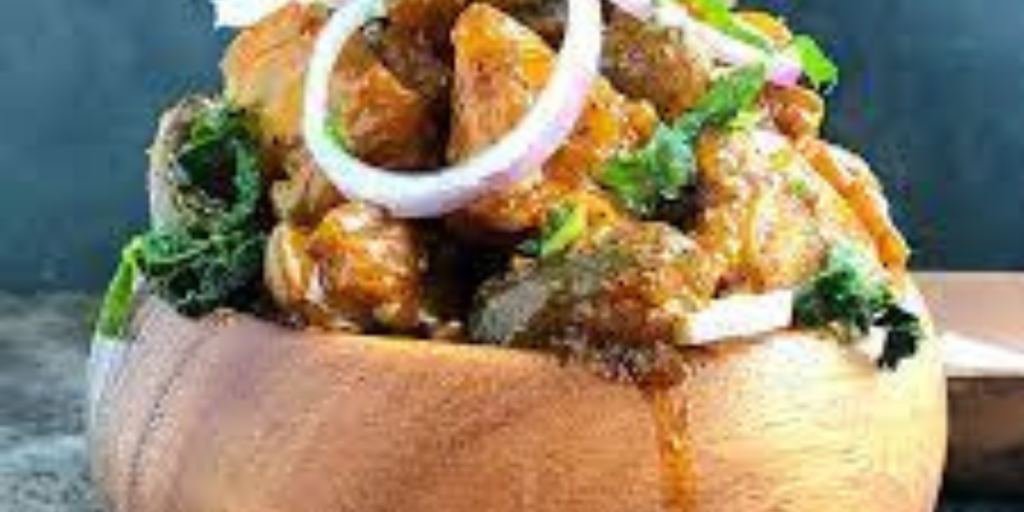
Nkwobi: A Dish Steeped in Tradition
Nkwobi, a delectable delicacy made from cow foot, is more than just a dish; it’s a cultural experience. Originating from the Igbo people of southeastern Nigeria, Nkwobi is often enjoyed in traditional settings, such as local bars known as “bukas,” where it is typically served as a spicy, saucy delight in a wooden bowl. This dish is a staple in social gatherings and festive occasions, symbolizing unity and hospitality.
Beans Porridge : Great 5 Ways To Cook Beans Porridge
Ugba: The African Salad
Ugba, also known as “oil bean salad,” is another cherished dish from the Igbo culture. Made from fermented African oil bean seeds, Ugba is not just a salad but a celebration of flavors and textures. Often served during significant events and ceremonies, Ugba is a testament to the ingenuity and culinary prowess of the Igbo people. Its preparation and presentation are deeply rooted in tradition, making it a dish that tells a story with every bite.
Ingredients and Preparation
Preparing Nkwobi
Ingredients:
- 2 kg cow foot
- 2 tablespoons potash (kaun)
- 1 cup palm oil
- 2 tablespoons ground crayfish
- 2 tablespoons ground pepper
- 1 tablespoon ground ehuru seeds (calabash nutmeg)
- 1 large onion, sliced
- 2 seasoning cubes
- Salt to taste
- Utazi leaves, sliced (for garnish)
Preparation Steps:
- Clean the cow foot thoroughly and cut it into medium-sized pieces.
- In a large pot, add the cow foot, sliced onions, seasoning cubes, and salt. Add enough water to cover the meat and cook until tender.
- While the cow foot is cooking, dissolve the potash in a small amount of water. Strain and set the liquid aside.
- In a mixing bowl, combine the palm oil and the potash solution. Stir continuously until the mixture thickens and turns yellow.
- Add the ground crayfish, pepper, and ehuru seeds to the palm oil mixture. Mix well.
- Once the cow foot is tender, add it to the palm oil mixture and stir until well coated.
- Garnish with sliced onions and utazi leaves. Serve warm.
How to Make Perfect Puff Puff with Milk
Preparing Ugba
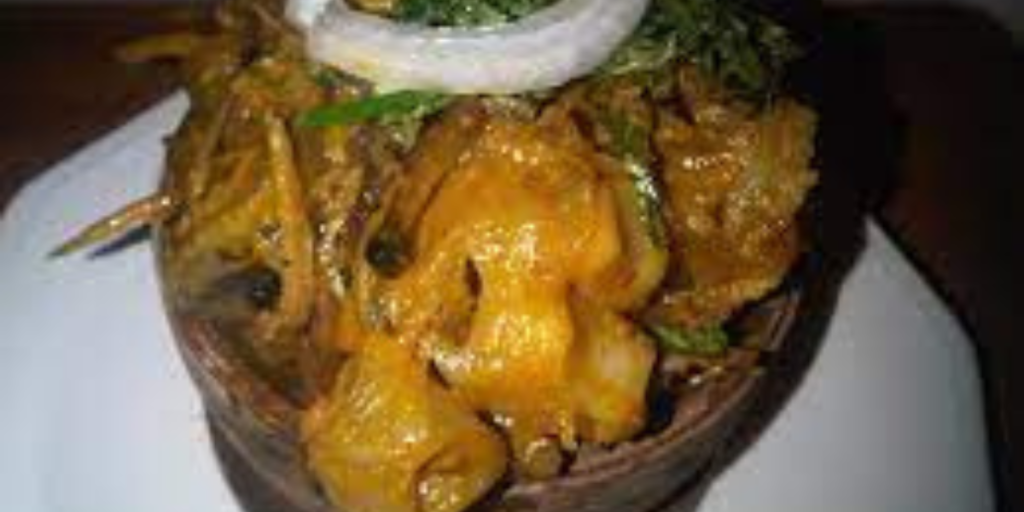
Ingredients:
- 2 cups Ugba (oil bean seeds)
- 1 cup palm oil
- 2 tablespoons ground crayfish
- 1 tablespoon ground pepper
- 1 large onion, sliced
- 2 seasoning cubes
- Salt to taste
- Sliced garden egg and garden egg leaves (optional)
- Sliced fresh pepper (for garnish)
Preparation Steps:
- Wash the Ugba thoroughly and boil for about 30 minutes to soften. Drain and set aside.
- In a mixing bowl, combine the palm oil, ground crayfish, and ground pepper. Mix well.
- Add the softened Ugba to the palm oil mixture and stir until well coated.
- Add the seasoning cubes and salt to taste. Mix thoroughly.
- Garnish with sliced onions, fresh pepper, garden egg, and garden egg leaves.
- Serve as a side dish or as part of a main course.
Regional Variations
Nkwobi Variations Across Nigeria
While Nkwobi is traditionally an Igbo dish, it has been embraced by various regions in Nigeria, each adding its unique twist. In some areas, additional spices and herbs are used to enhance the flavor. For instance, in parts of Lagos, it’s common to find Nkwobi prepared with a blend of local spices that add a fiery kick, making it a favorite among spice lovers.
Ugba Variations and Regional Influences
Similarly, Ugba is prepared differently across Nigeria. In some regions, it’s combined with assorted meats and fish to create a more filling meal. The use of garden eggs and leaves in the garnish is a regional preference that adds a fresh, crunchy element to the dish. These variations highlight the versatility of Ugba and its ability to adapt to different palates and culinary styles.
Nutritional Value
Health Benefits of Nkwobi
Nkwobi, while indulgent, offers several nutritional benefits. The cow foot is rich in collagen, which is beneficial for joint health and skin elasticity. The dish is also high in protein, essential for muscle repair and growth. However, due to its richness in fats from palm oil, it should be enjoyed in moderation as part of a balanced diet.
Health Benefits of Ugba
Ugba is a nutritional powerhouse. The African oil bean seeds are rich in protein, healthy fats, and essential vitamins and minerals. They are particularly high in calcium and iron, which are crucial for bone health and preventing anemia. Additionally, the fermentation process enhances the bioavailability of nutrients, making Ugba a highly nutritious addition to any meal.
Is Egusi Soup Yoruba or Igbo? Best Answer Of 2024
Pairing and Serving Suggestions
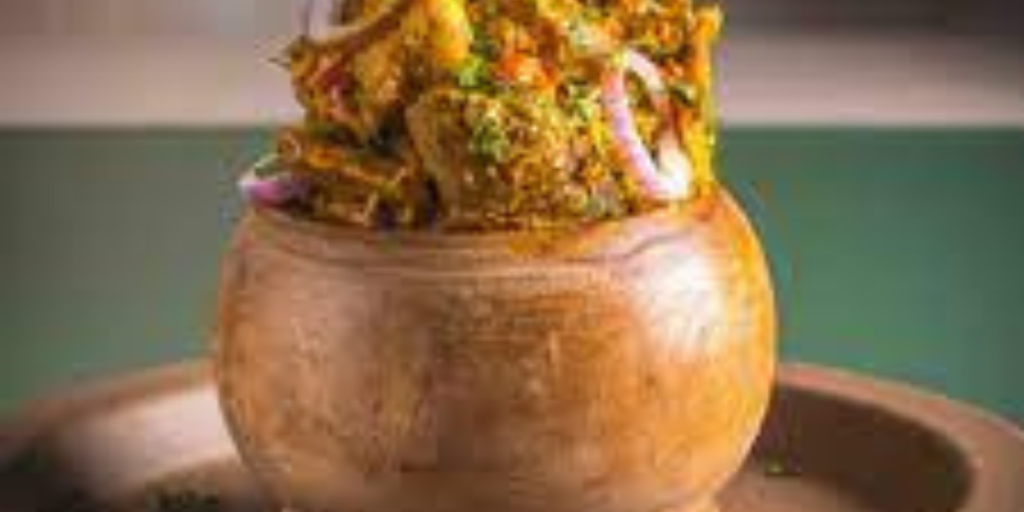
Perfect Pairings for Nkwobi
Nkwobi pairs beautifully with cold beverages, particularly Nigerian palm wine, which complements the dish’s rich, spicy flavors. For those who prefer non-alcoholic options, a chilled zobo (hibiscus tea) is a refreshing choice. As for side dishes, Nkwobi is often enjoyed with boiled yam or plantains, which help balance the spiciness of the dish.
Serving Suggestions for Ugba
Ugba is versatile and can be served as a salad or a side dish. It pairs well with traditional Nigerian staples such as fufu, pounded yam, or even rice. For a more contemporary twist, try serving Ugba with grilled chicken or fish, adding a modern flair to this traditional dish. The key is to keep the presentation colorful and appetizing, making the meal as visually appealing as it is delicious.
Personal Stories and Reader Engagement
My Journey with Nkwobi and Ugba
Growing up in Nigeria, Nkwobi and Ugba were more than just meals; they were a part of my family’s culinary heritage. I remember the excitement of watching my mother prepare these dishes, the aroma filling our home, and the joy of sharing them with family and friends. These dishes have always brought us together, creating memories that I cherish to this day.
Stories from Our Readers
We’ve received many wonderful stories from our readers about their experiences with Nkwobi and Ugba. One reader shared how Nkwobi was the highlight of their wedding reception, bringing together guests from different backgrounds to enjoy a taste of Nigerian culture. Another reader talked about learning to make Ugba from their grandmother, a tradition they now pass on to their own children.
We invite you to share your own stories and experiences with Nkwobi and Ugba in the comments below. Your contributions make our community richer and more connected.
FAQs about Nkwobi and Ugba
Frequently Asked Questions
- What is the best way to clean and prepare cow foot for Nkwobi?
- Cleaning cow foot properly is crucial. Make sure to wash it thoroughly with water and salt, then boil it to remove any residual odors. Cutting it into smaller pieces also helps in the cooking process.
- Can I use alternative ingredients if I can’t find potash?
- Yes, you can use baking soda as a substitute for potash. It helps achieve the same thickening effect in the palm oil mixture.
- How long does Ugba last in the refrigerator?
- Ugba can last up to a week in the refrigerator when stored in an airtight container. Ensure it is well-coated with palm oil to preserve its freshness.
- What can I use if I can’t find African oil bean seeds for Ugba?
- While the unique flavor of Ugba comes from African oil bean seeds, you can substitute with other fermented seeds or even try a mix of nuts and seeds for a different twist.
- Is Nkwobi suitable for people with dietary restrictions?
- Nkwobi is naturally gluten-free but high in fats. Those with dietary restrictions should consider portion control and possibly substituting palm oil with a healthier oil option.
Conclusion
In conclusion, Nkwobi and Ugba are more than just dishes; they are a celebration of Nigerian culture and culinary excellence. These recipes bring people together, creating shared experiences and lasting memories. We hope this comprehensive guide inspires you to explore, cook, and enjoy these delicious dishes. Don’t forget to share your experiences and join our vibrant community on Fudz.com.ng.
Reader Comments and Interaction
We’d love to hear from you! Have you tried making Nkwobi or Ugba? Do you have any tips or variations to share? Drop your comments below, share your stories, and let’s keep the conversation going. Your feedback is invaluable to us, and we look forward to connecting with each of you. Happy cooking!














